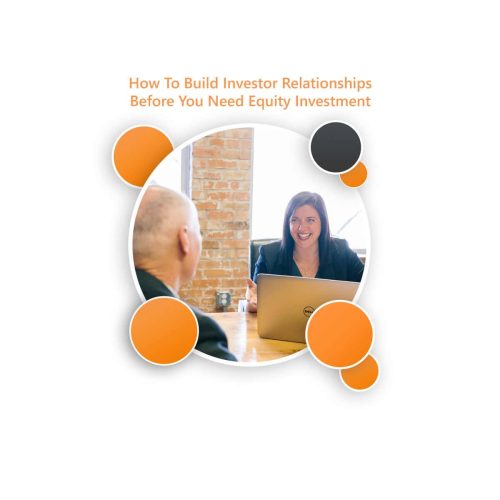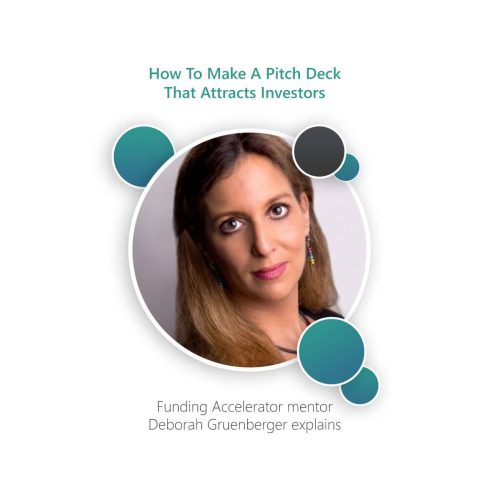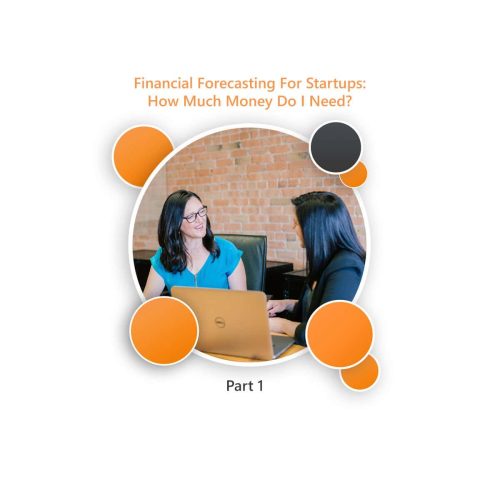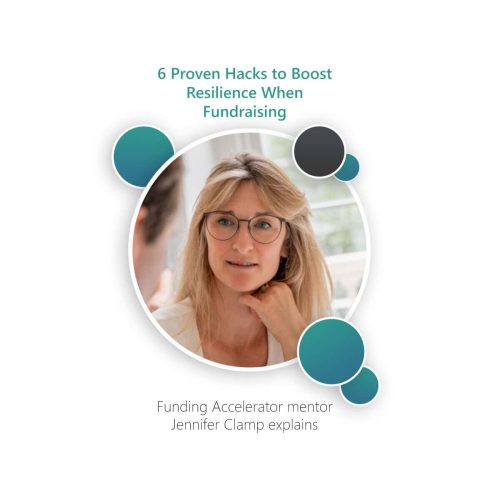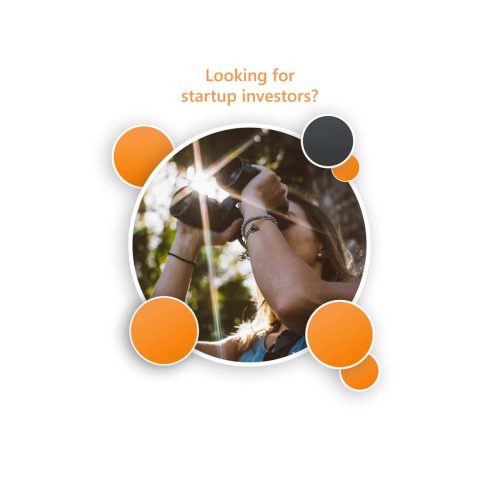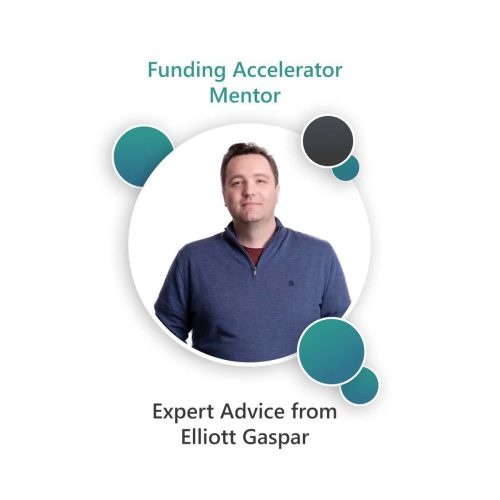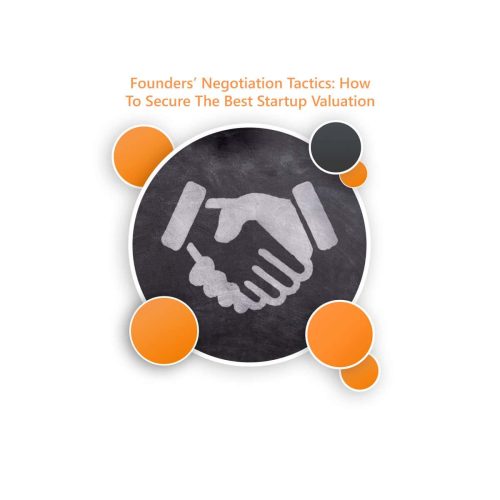In a recent survey we ran, 73% of start-ups reported that “finding startup investors” is a major challenge when raising equity investment.
Raising equity investment becomes easier when you pitch to startup investors you have previously engaged with or spoken to, or have been introduced to. This is where networking comes into play.
While discovery tools and well-crafted outreach emails are important, nothing beats having an existing relationship with someone who can provide access to capital. To develop relationships it’s important for startup founders to prioritise networking and build connections with startup investors ahead of fundraising needs.
In a recent article written for Startups Magazine, Hatty Fawcett, Founder of Focused for Business shares her 5 tips for successfully networking with startup investors.

Research, Research, Research
To successfully network, you need to have a solid plan. When reaching out to potential investors, you don’t want to speak to just anyone—or even to those who just happen to have the biggest pockets! Before networking with investors, take the time to understand who the right investors are for your business, given its current stage of development, and focus on finding these investors. There are plenty of resources available to help founders find investors, but they tend to be generalist—you need to get specific.
On the Funding Accelerator program, we support founders in developing a Target Investor Profile for their startup. This is a series of questions that help you think about the sector you operate in, the stage of development your company has reached, and your ambitions for growth. When you know who you are looking for, it is easier to find the right people to talk to. We even provide a list of names that meet the Target Investor Profile to get founders started with their networking.
Investors appreciate it when you have done your research thoroughly and made the effort to get to know them, their interests, and their investment profile. Being well-prepared is the key to getting your foot in the door.
Focus on Mutual Benefits
Doing your research is one thing, but you also need to be clear about why you want to talk to an investor—and what’s in it for you and the investor. You might be eager to speak to an investor, but you need to explain why they should commit time to talking to you!
When thinking about what you want from a conversation, I encourage the startups I work with to consider where they are in the networking or relationship-building process. When you are clear where you stand now, it’s easier to work out how to deepen your relationship for maximum effect. I use the mnemonic AIDA to help identify where you are in the relationship-building process. AIDA stands for:
- Attention: Is the investor aware of you? What do you want them to know you for?
- Interest: What information can you supply that would capture an investor’s interest in what you do? For example, you might outline the traction you have achieved in your business and sell the vision for what you plan to do next.
- Desire: What further information can you supply that would persuade an investor to deepen their conversation with you? Often this is about explaining “What’s in it for them?”
- Action: The final push to get an investor to take whatever action you want. This might be to secure a meeting where you can pitch your business or, if you are further along in building a relationship, it might be getting them to sign your term sheet.
When you think about networking with investors in this way, as a staged process, it becomes clearer that you need to develop a series of communications. Don’t start by sending a long email telling an investor everything about your business. Instead, start by finding a point of connection—a similar business they’ve invested in, a shared business connection, or a comment on something they have posted on social media. Your job is simply to gain their attention at this first stage.
Start with Your Circle
When it comes to getting started, begin with the people you know. Who do you know who knows the investors you want to talk to? Tap into existing networks and connections to get introductions to investors. I encourage founders to reach out to friends, colleagues, mentors, and industry experts they’ve worked with who are connected to the investors they want to speak to and to ask for an introduction. Personal recommendations significantly increase the chances of getting a meeting with an investor, so asking for endorsements is highly advised.
Be an Active Participant
Pitch competitions and demo days are excellent opportunities for founders to showcase their products or ideas to investors. These events are designed to attract investors but also those who work with investors, providing a great place to test out your pitch and see if it is gaining the interest of investors. It’s not just about winning pitch competitions; the feedback you get on your pitch is as valuable as any trophy or accolade. You’ll also be raising your profile and, hopefully, building your confidence in your ability to attract investors’ attention and interest.
Leverage Social Media
Social media plays a crucial role in investor networking. Explore online platforms like LinkedIn and the Angel Investment Network, or other industry-specific forums to research and connect with the right investors. Social media can help you maintain a general level of attention with investors, but it can also be dialed up as you launch an investment round. Use direct messaging to share updates on your progress, such as a new contract win or a significant uplift in customers and revenue. Your aim should be to move from the social media platform to a meeting where you can present to investors, either in person or via Zoom.
Attend Industry Events and Conferences
Meeting investors in person is important. Find conferences, meetups, or networking events that align with the interests of the investors you want to reach, and make an effort to attend them. Connecting with potential investors face-to-face and responding to their specific requests for information moves your investor networking from “Interest” to “Desire.”
By working hard to build relationships, you will eventually reach the stage of “Action.” The specific action will depend on how well you have built strong and lasting relationships with the right investors. Good luck!
Ready to start your funding journey?
- Find out how “investment ready” your start-up is by answering 20 quick questions
- Bring your funding questions to our free Funding Strategy Workshop
- Learn about our Funding Accelerator
- Founders’ Negotiation Tactics: How To Secure The Best Startup Valuation - May 12, 2025
- How To Master Your Sales Lifecycle: Close Deals Faster And Smarter - April 30, 2025
- How To Maximise Your Business Valuation And Attract Investors - April 7, 2025




